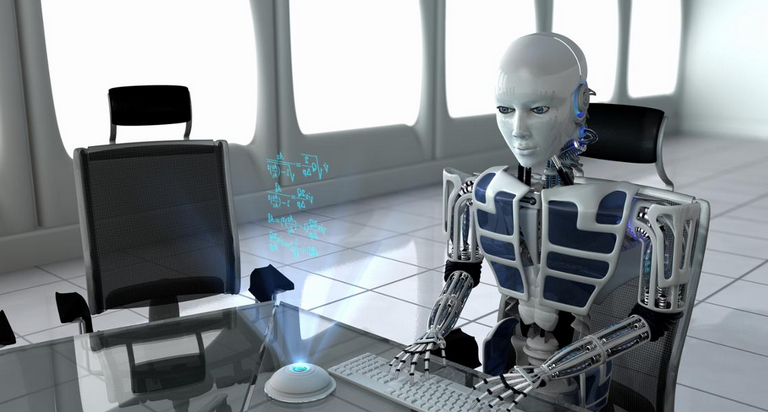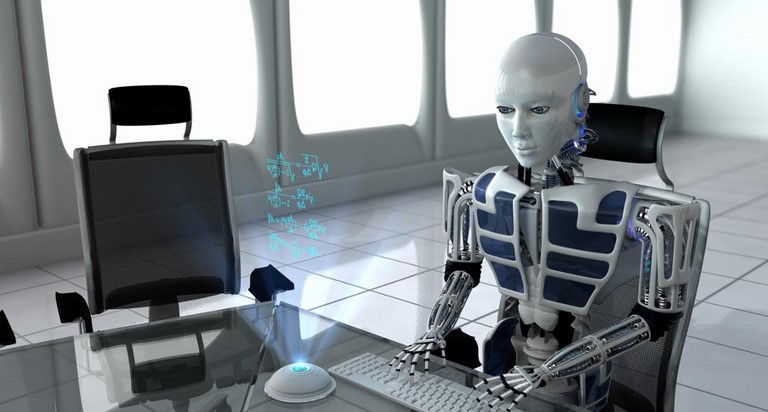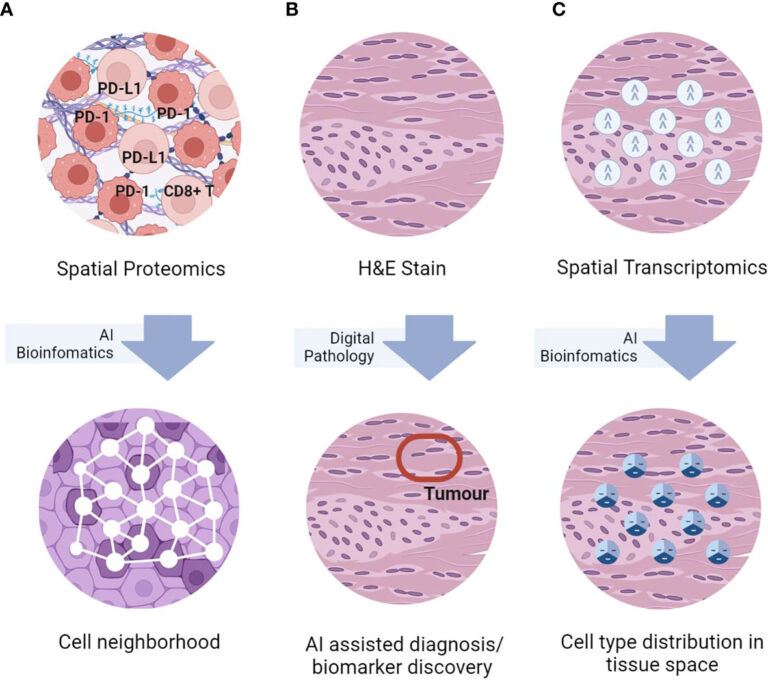Robotics in Healthcare
In the ever-evolving landscape of healthcare, technology is emerging as a powerful force in reshaping patient care, diagnosis, and treatment. Robotics, in particular, has been making remarkable strides, promising a future where machines collaborate seamlessly with healthcare professionals to provide more precise, efficient, and accessible medical services. We’ll explore the growing role of robotics in healthcare, from robot-assisted surgeries to AI-driven diagnostics, and envision how these advancements will transform the future of healthcare.
The Current State of Robotics in Healthcare
To understand the potential of robotics in healthcare, we must first explore its current applications and impact:
- Robotic Surgery: Precision in the Operating Room
Robotic surgical systems like the da Vinci Surgical System have become an integral part of modern operating rooms. These systems enhance the capabilities of surgeons by providing precision, stability, and dexterity, ultimately resulting in minimally invasive procedures, reduced recovery times, and improved patient outcomes.
- Rehabilitation and Physical Therapy: The Power of Exoskeletons
Robots are aiding patients in their rehabilitation journeys. Devices such as exoskeletons help individuals regain mobility after injuries or surgeries. These wearable robots provide targeted physical therapy and promote functional recovery.
- Medication Management: Ensuring Accuracy and Compliance
Robots are increasingly involved in medication management. Automated dispensing systems in hospitals and pharmacies ensure precise medication dosages, reducing the risk of human errors and improving patient safety. In-home medication robots help patients manage complex medication regimens.
- Telemedicine and Home Healthcare: Robots as Companions
Robots are playing a significant role in telemedicine and home healthcare. They assist in patient monitoring, medication reminders, and even social interaction, especially for elderly or homebound patients. These robots improve the quality of life for those in need of care.
- Medical Imaging: Enhanced Diagnostic Accuracy
Robotics plays a critical role in medical imaging. Automated systems assist in tasks such as radiology and pathology analysis, where precision is paramount. AI algorithms combined with robotic technology can improve the speed and accuracy of image interpretation.
- Diagnostic Assistance: AI-Powered Healthcare
AI-driven robots are proving to be invaluable in diagnostics. They analyze patient data, medical histories, and diagnostic images, providing healthcare professionals with rapid, accurate assessments. These robots reduce human error and enhance diagnostic speed, improving patient care.
The Future of Robotics in Healthcare
The current applications of robotics in healthcare are impressive, but the future holds even more promise. Let’s explore the exciting advancements on the horizon:
- Robotic Surgeons: The Next Frontier in Surgery
Robotic surgeons are evolving into increasingly sophisticated entities, capable of not only assisting but collaborating with human surgeons. They will possess advanced AI capabilities that enable them to anticipate surgical requirements and even make autonomous decisions in critical situations. The result will be safer, more efficient surgeries with quicker recovery times for patients.
- AI Diagnostic Assistants: Revolutionizing Diagnosis
AI-powered diagnostic robots will soon redefine the diagnostic process. These robots will analyze patient data, medical records, and diagnostic images with a speed and accuracy unmatched by human professionals. They will be available 24/7, ensuring rapid diagnoses and timely interventions, ultimately saving lives.
- Robotic Nanomedicine: Tiny Agents of Change
Nanorobots, a burgeoning field in medical robotics, will be deployed within the human body to deliver drugs, repair tissues, and even perform microsurgeries at the cellular level. These miniature marvels will offer an unprecedented level of precision and effectiveness, opening up new possibilities in the treatment of diseases, including cancer.
- Intelligent Prosthetics and Exoskeletons: Enhanced Mobility
The future holds intelligent prosthetics and exoskeletons that are more responsive, adaptable, and AI-powered. These devices will not only restore mobility to individuals with limb loss or mobility impairments but also enhance their quality of life. Patients will experience improved mobility and independence.
- Robot-Assisted Drug Discovery: Accelerating Pharmaceutical Research
Robots are already automating complex laboratory processes, from high-throughput screening to data analysis. They are accelerating drug discovery, which is particularly crucial during global health crises. The future will see more advanced robots capable of conducting experiments and analyzing data independently, leading to the rapid development of new drugs.
Challenges and Ethical Considerations
While the future of robotics in healthcare is promising, it also presents ethical and logistical challenges:
- Data Privacy and Security
With the increasing involvement of robots in healthcare, the need for robust data privacy and security measures becomes paramount. Protecting patient data and ensuring compliance with data security regulations are critical concerns.
- Ethical Considerations in Autonomous Decision-Making
As robots become more autonomous in decision-making, ethical questions arise. How should robots make decisions in critical situations? Ensuring that these decisions align with ethical and moral guidelines is essential.
- Human-Machine Interaction
Robots are becoming more integrated into healthcare teams. Establishing effective and respectful communication between human healthcare professionals and their robotic counterparts is a challenge that healthcare organizations must address.
Final Thoughts
The integration of robotics into healthcare is paving the way for a high-tech healing revolution. It’s a future where the synergy between humans and machines results in more precise diagnoses, safer surgeries, and enhanced patient care. The advancements in medical robotics promise not only to improve patient outcomes but also to make healthcare more accessible and efficient for people worldwide.




